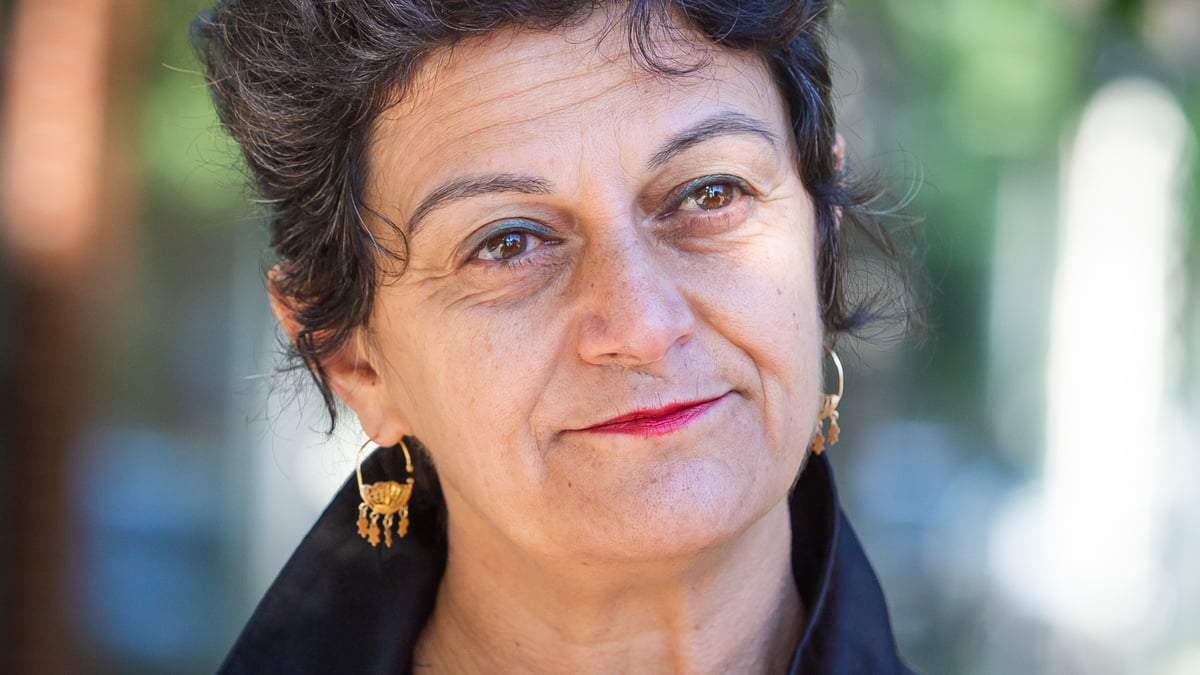
Xi Jinping and Vladimir Putin met today on the sidelines of the Shanghai Cooperation Organization summit. According to Putin, the Chinese president expressed his concerns about the war in Ukraine and asked questions.
It is strange that while the Russian side conveyed these details of the meeting of the two leaders, the Chinese side did not mention the issue.
Even worse, Putin spoke at a press conference about a unified China, thus offering warm support to Beijing’s goals on Taiwan. But Xi did not even mention Ukraine.
The Chinese government appears ready to deepen economic ties with Russia, but it is out of the question to be drawn into assistance that might justify US and EU sanctions against China. And even less than the intervention in the war in Ukraine.
We are far from the “unlimited friendship” that Putin and Xi boasted during their previous meeting.
Putin’s problems
Putin’s first problem is that he presents an image of a loser and no one wants to associate himself with a loser.
His second problem is that he has a problem in Russia itself. He must try to contain the rebellion of the elected municipal officials, the soldiers making their resentment audible and part of the population, especially the young, who fears forced conscription into a deadly and unjust war.
Xi does not want his authority to be challenged by his strong association with Putin. In the past, Mao Zedong had this kind of problem, when Stalin died and Russian anti-Stalinist reports came out publicly.
In fact, Xi’s support is not very binding. He says China is ready to “support Russia’s core interests”. But is Ukraine one of those interests? This was not made clear in Shi’s statements.
Silly scarecrow of the unipolar world
Putin has also said he wants to avoid creating a unipolar world dominated by the West. Nice advertising formula.
In fact, there hasn’t been a unipolar world for a long time. In terms of purchasing power parity, China is the leading economic power in the world. The United States now accounts for only 15% of the global economy, compared to about 30% in the 1950s. Likewise, a Sino-Russian alliance could defeat the United States in East Asia. The interests of the United States and its allies do not always coincide.
Moreover, whether Putin likes it or not, Russia is already part of the West, both historically and culturally.
The real polarization that Putin is referring to, and which he is careful not to name, is the polarization between democracies and dictatorships.
However, the democratic camp does not include only Western countries. Among them are Japan, South Korea, as well as Taiwan. In all, about fifty countries can be described as democracies.
And this is true, thanks to Putin, among others, the democratic camp has become stronger.






